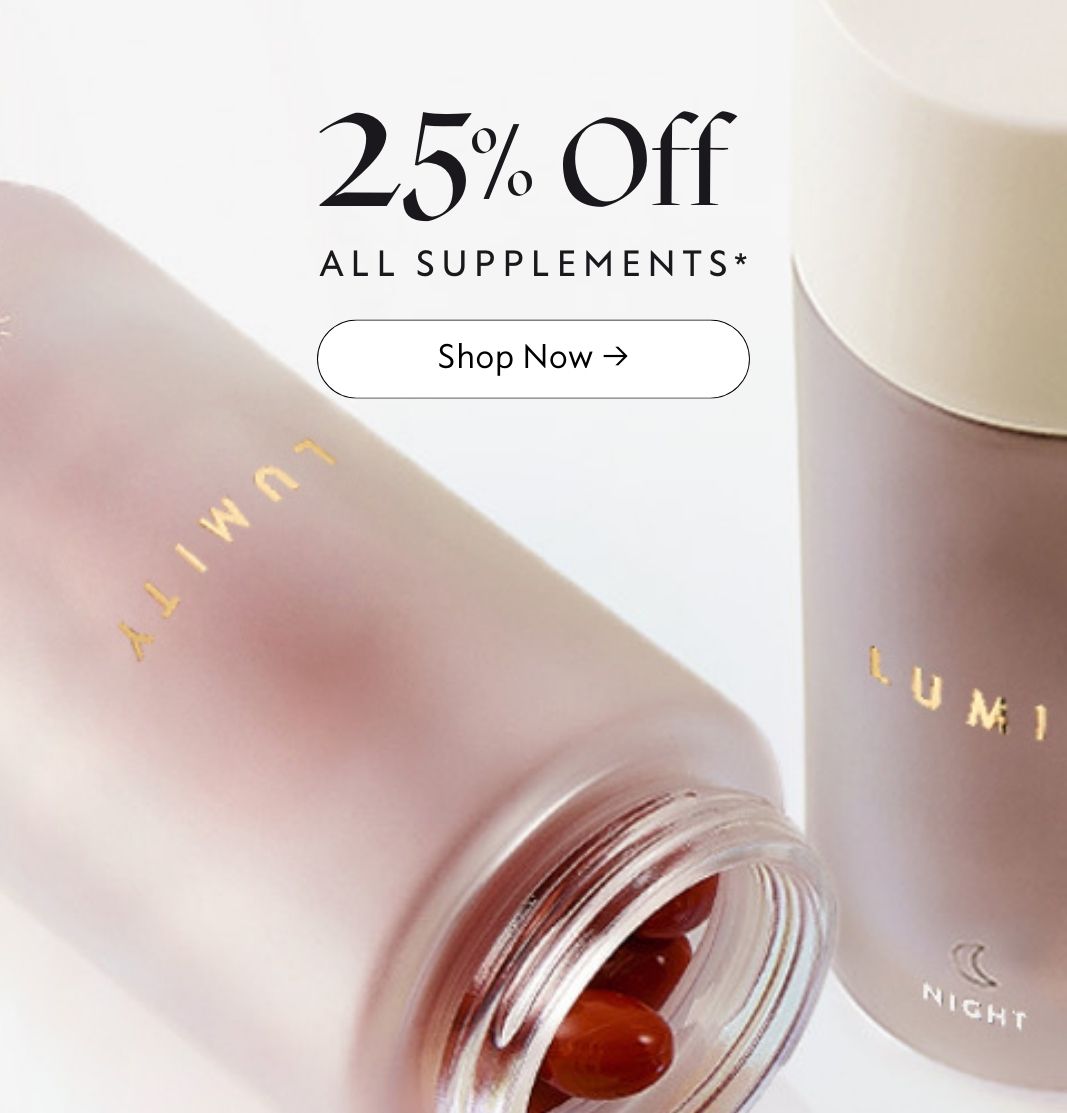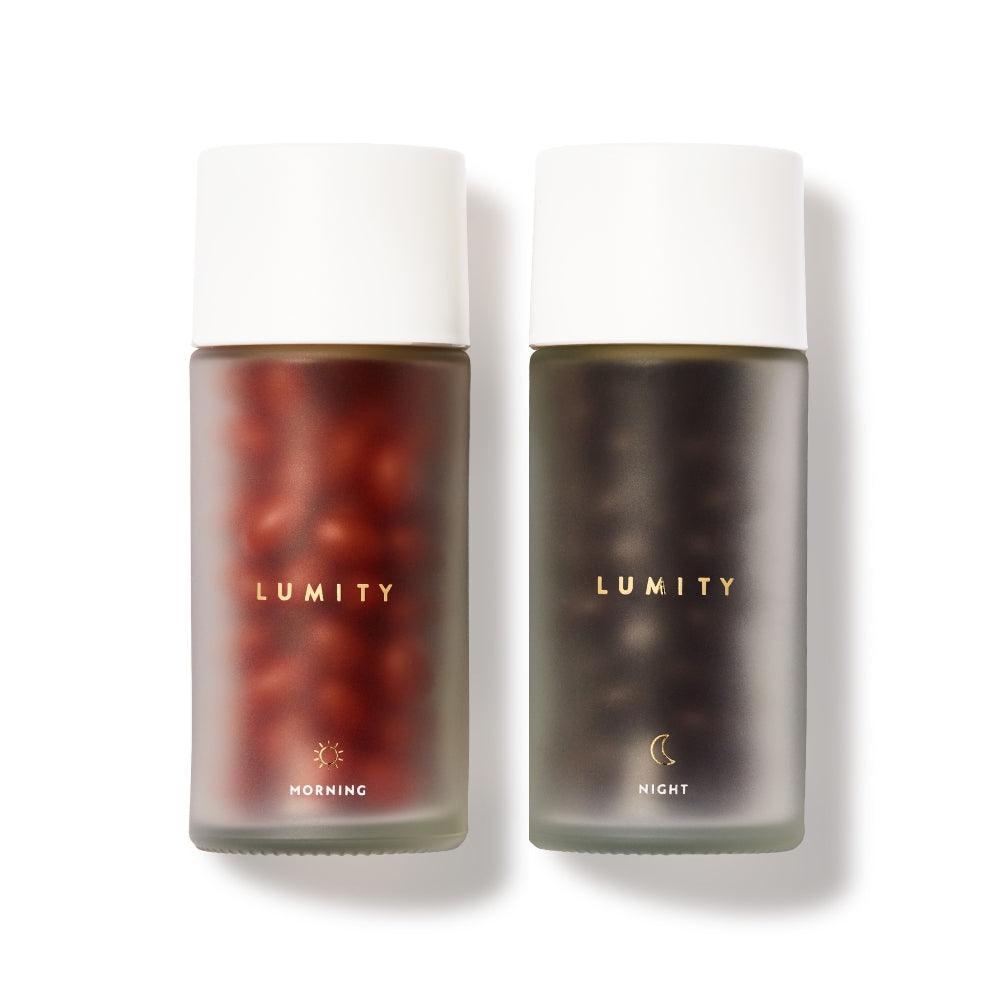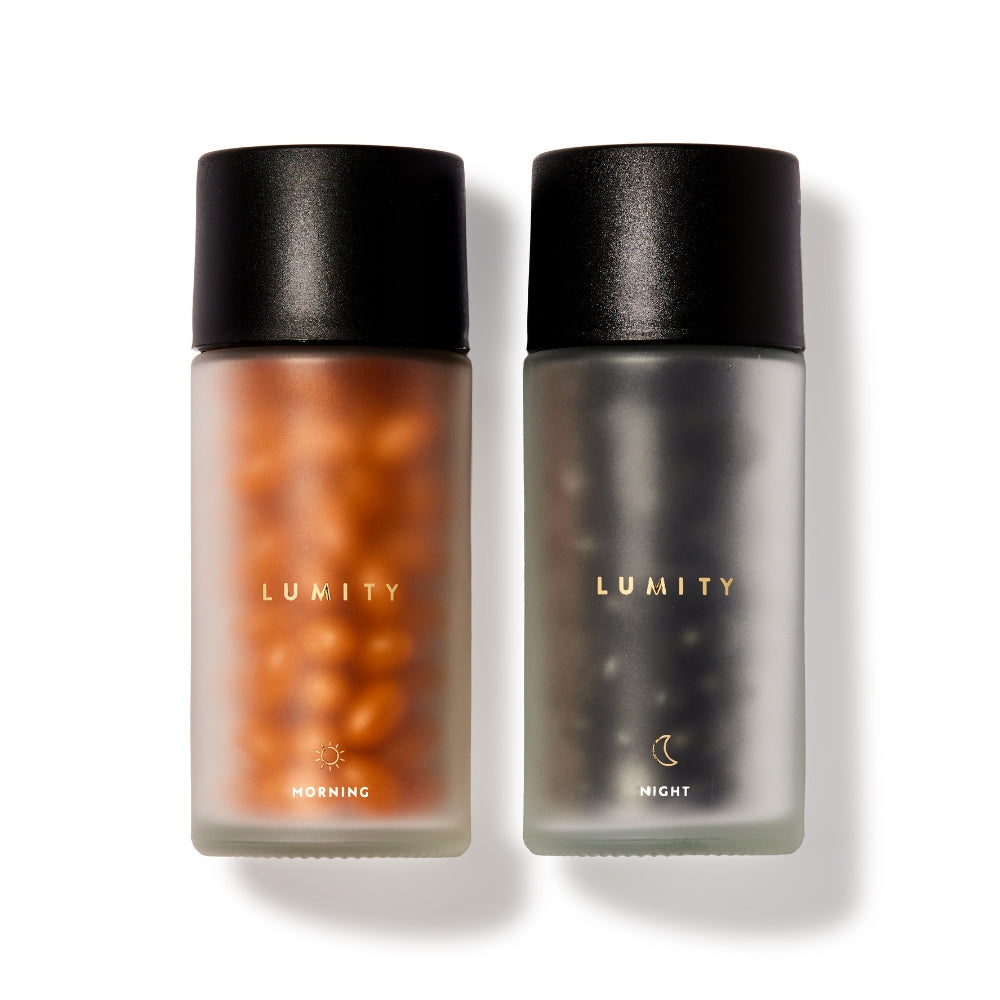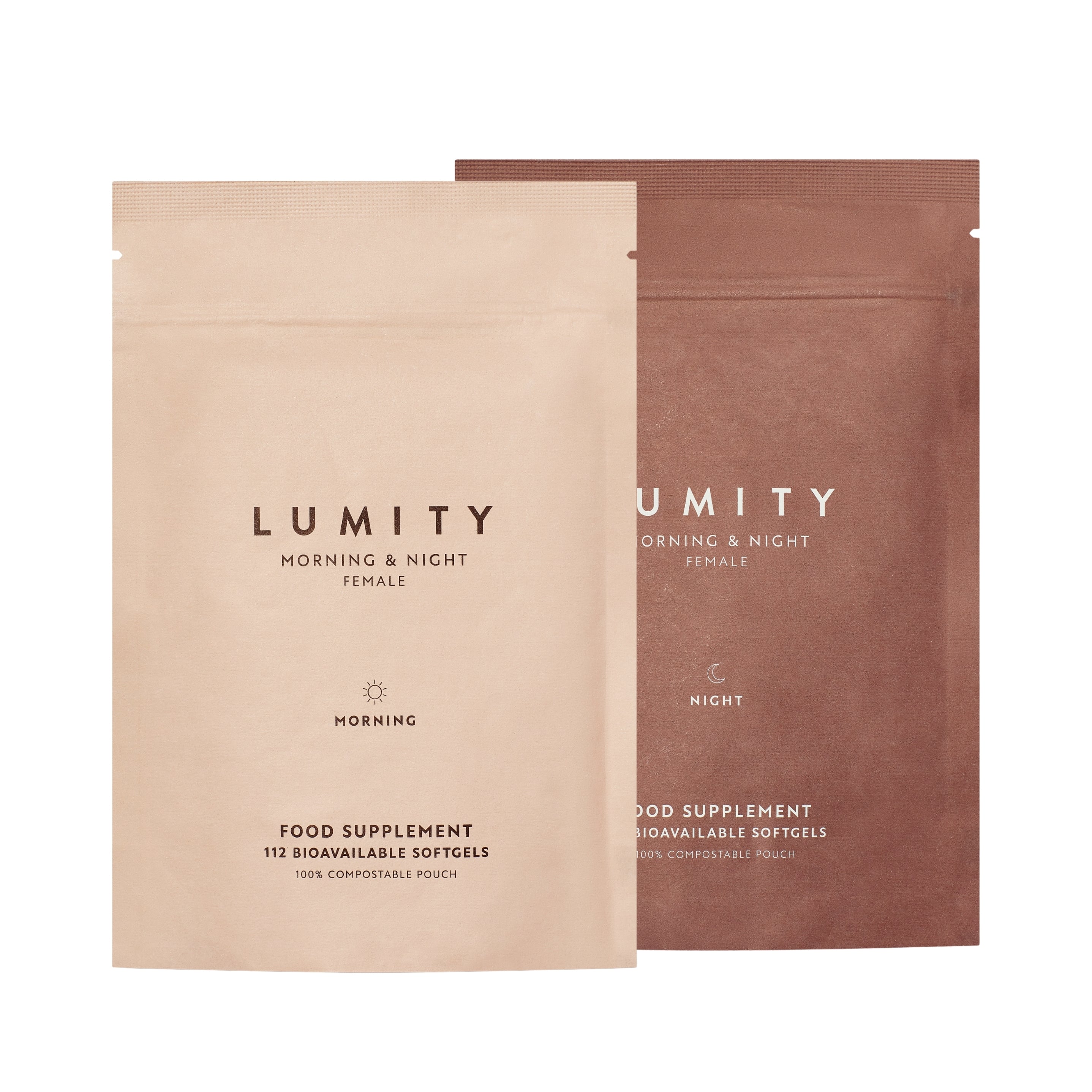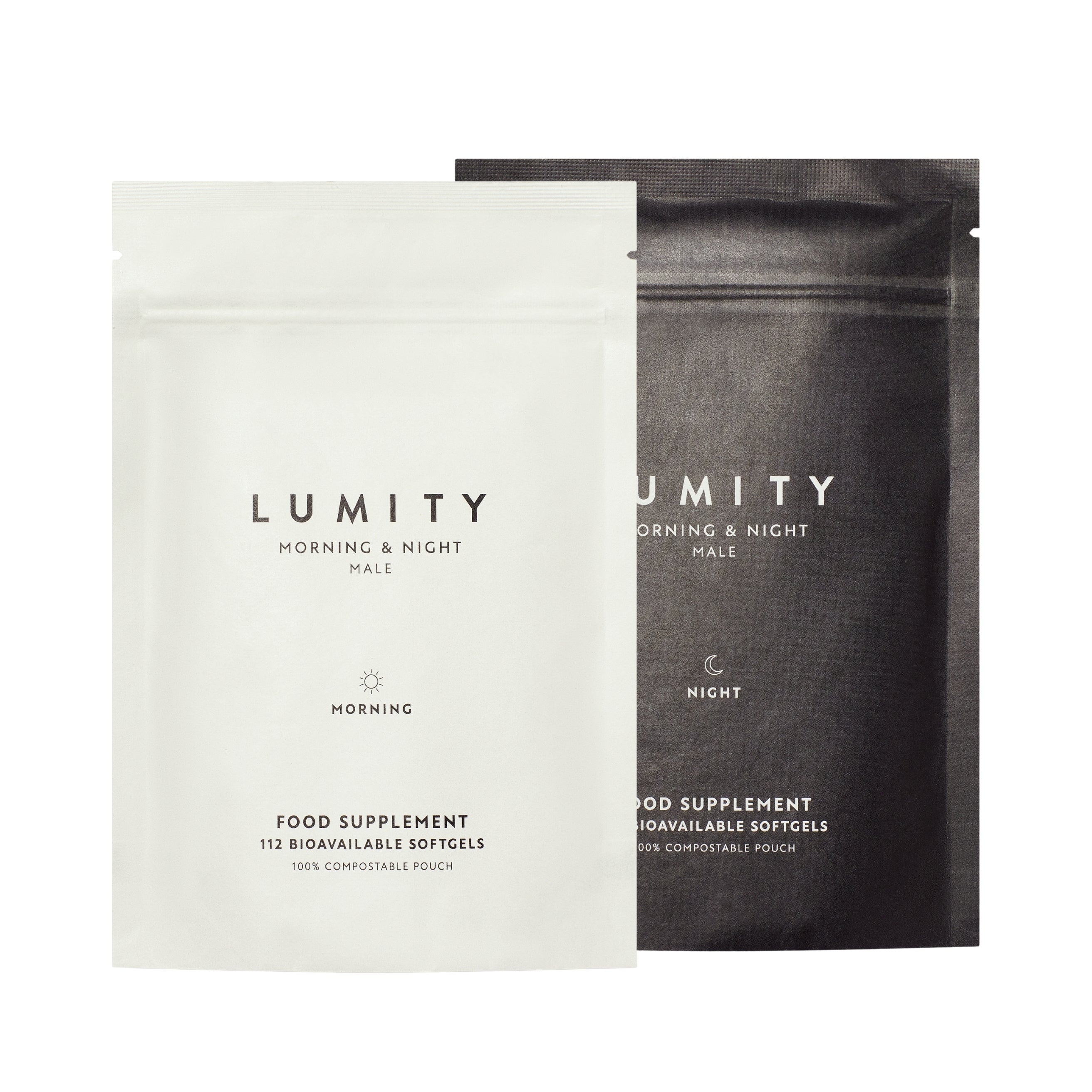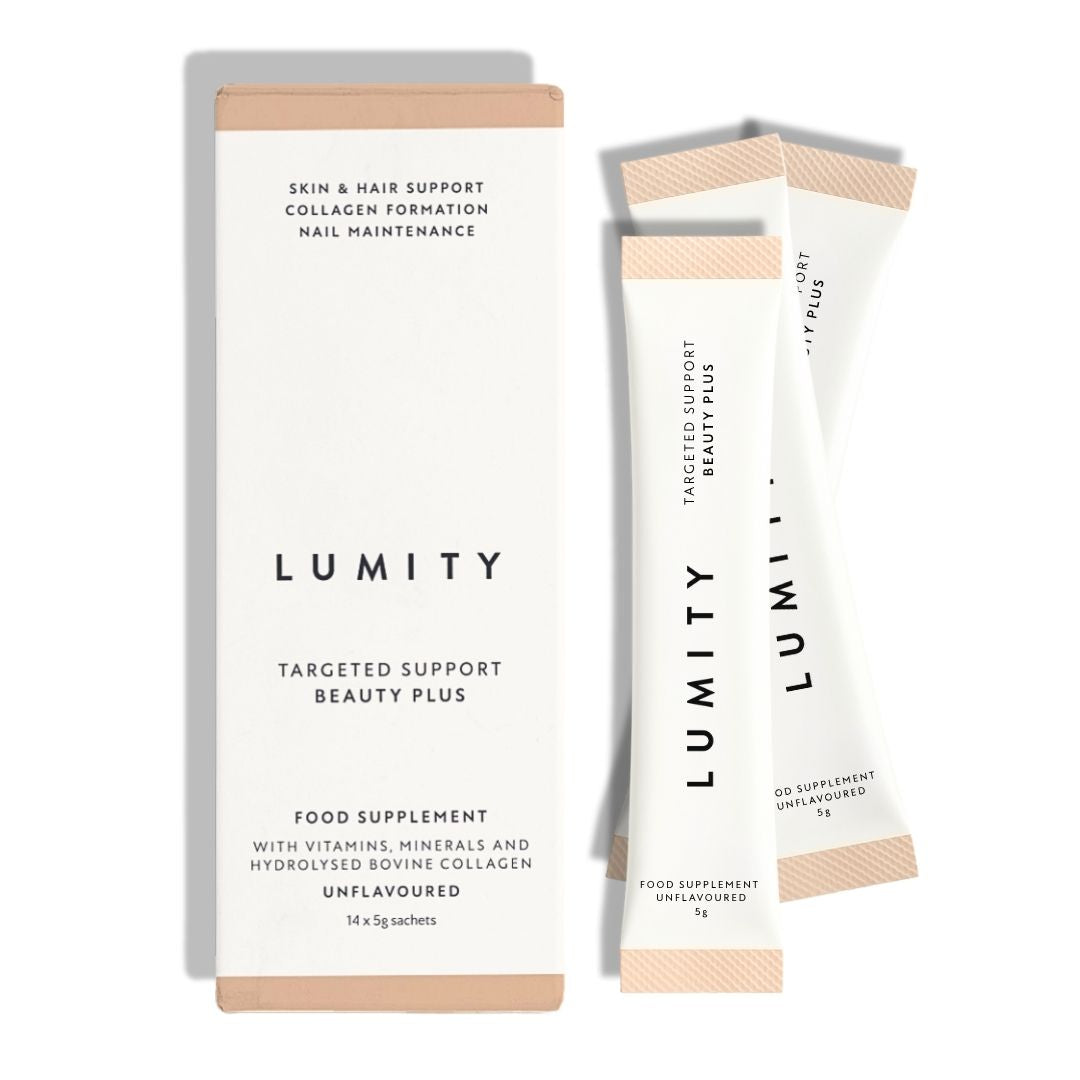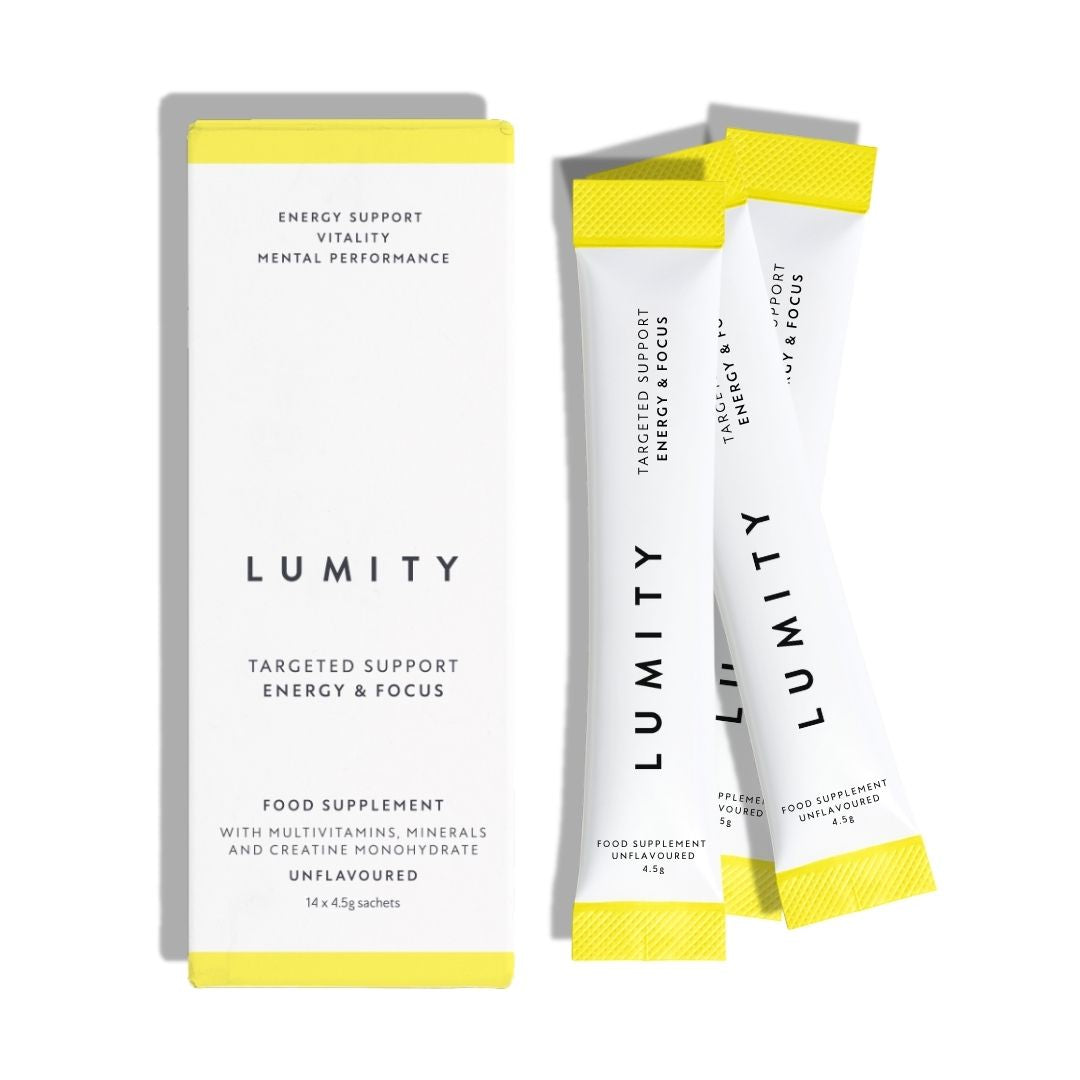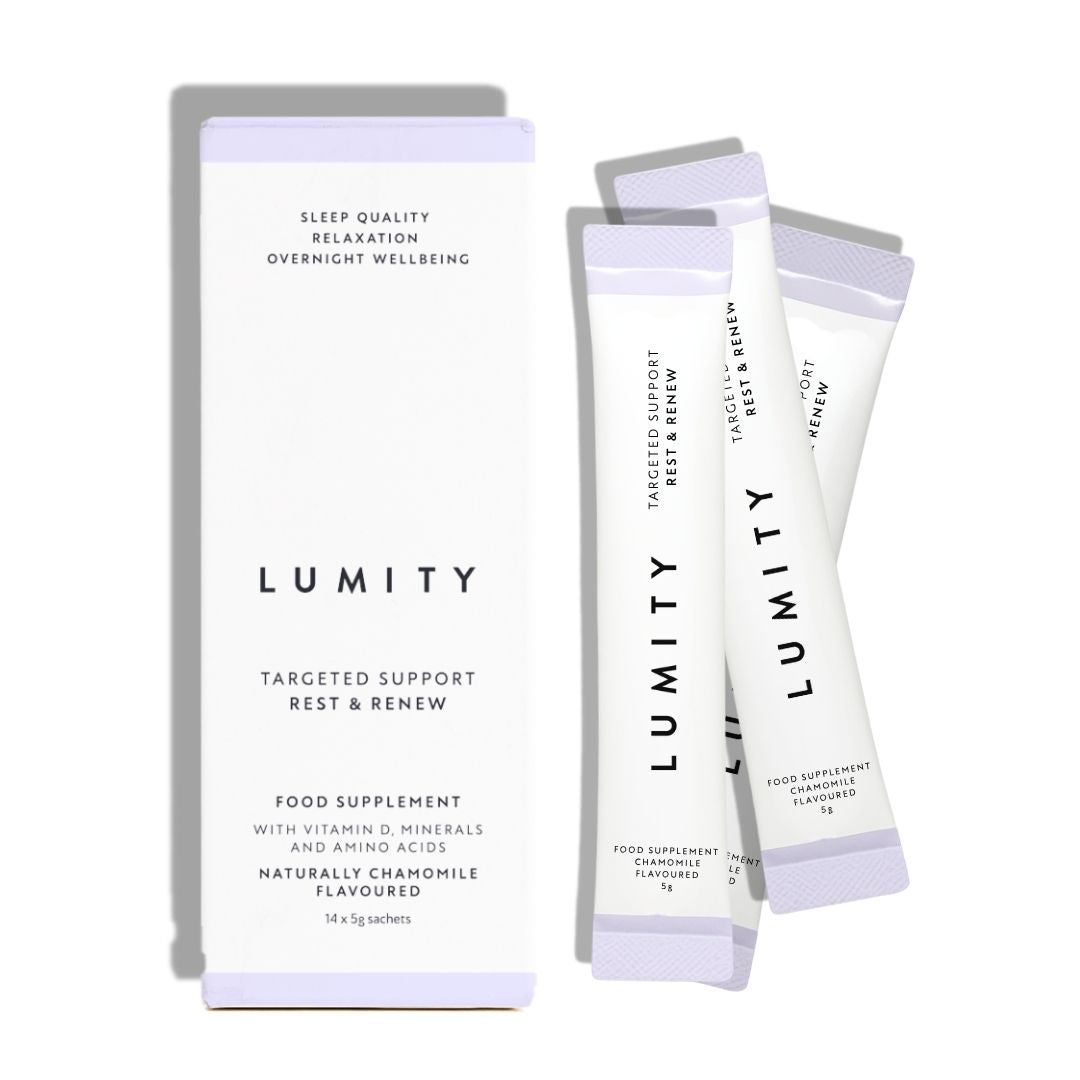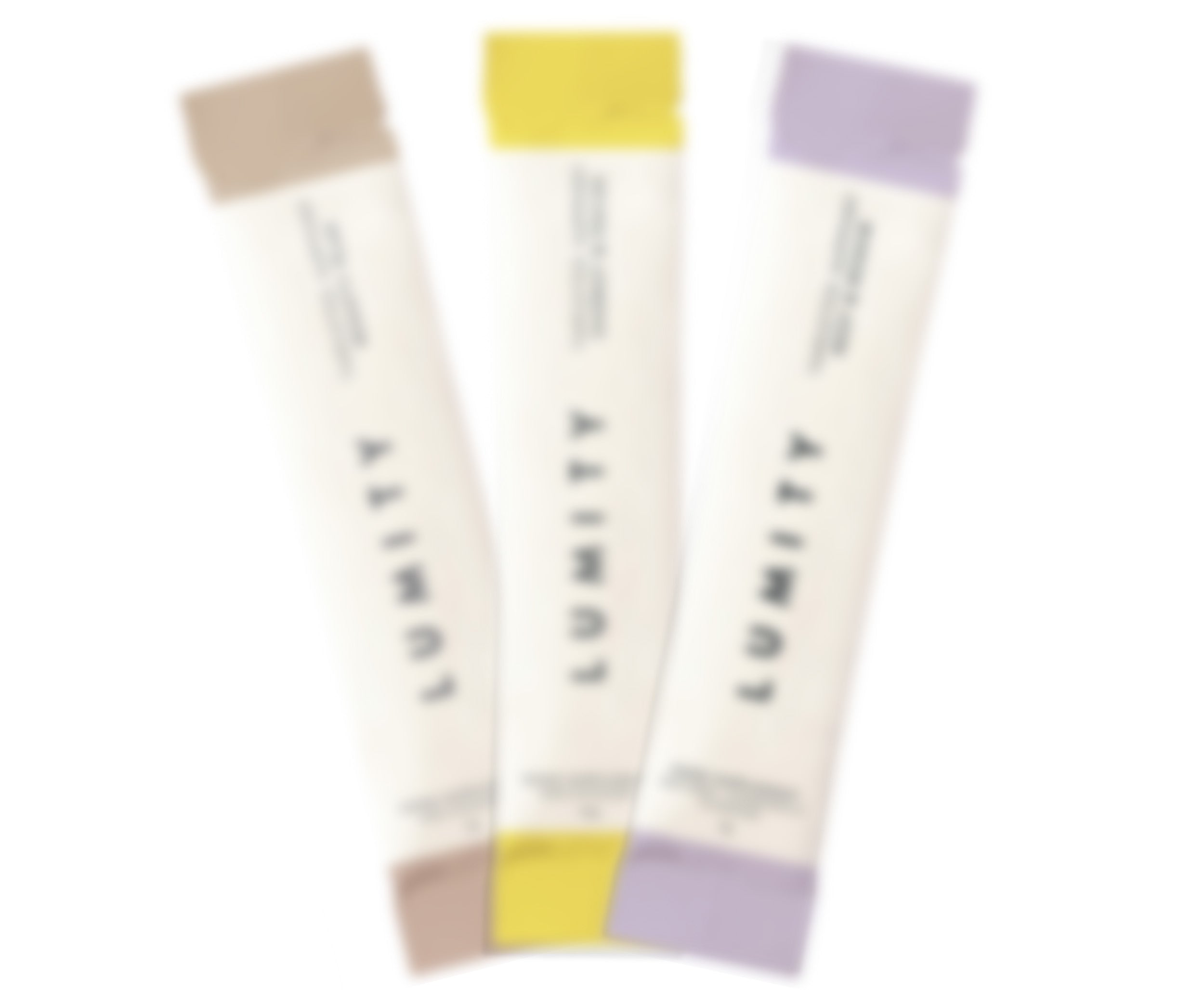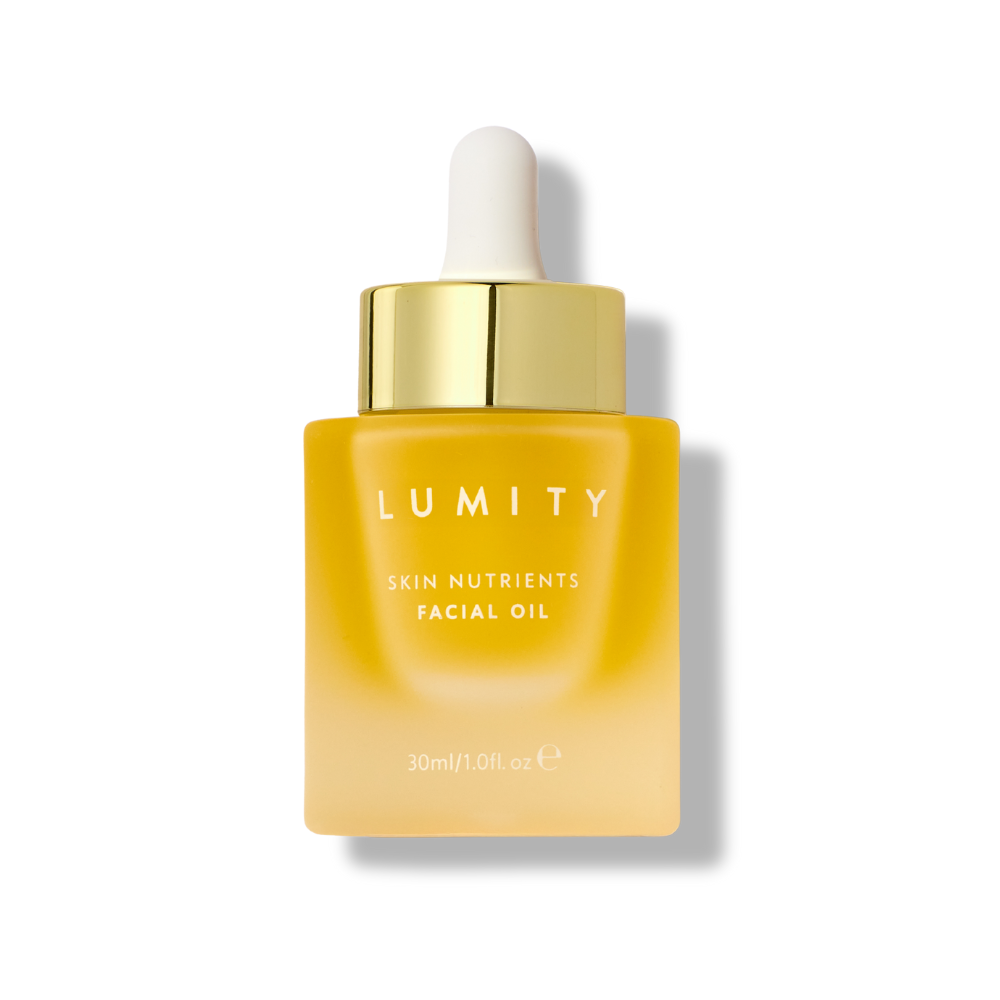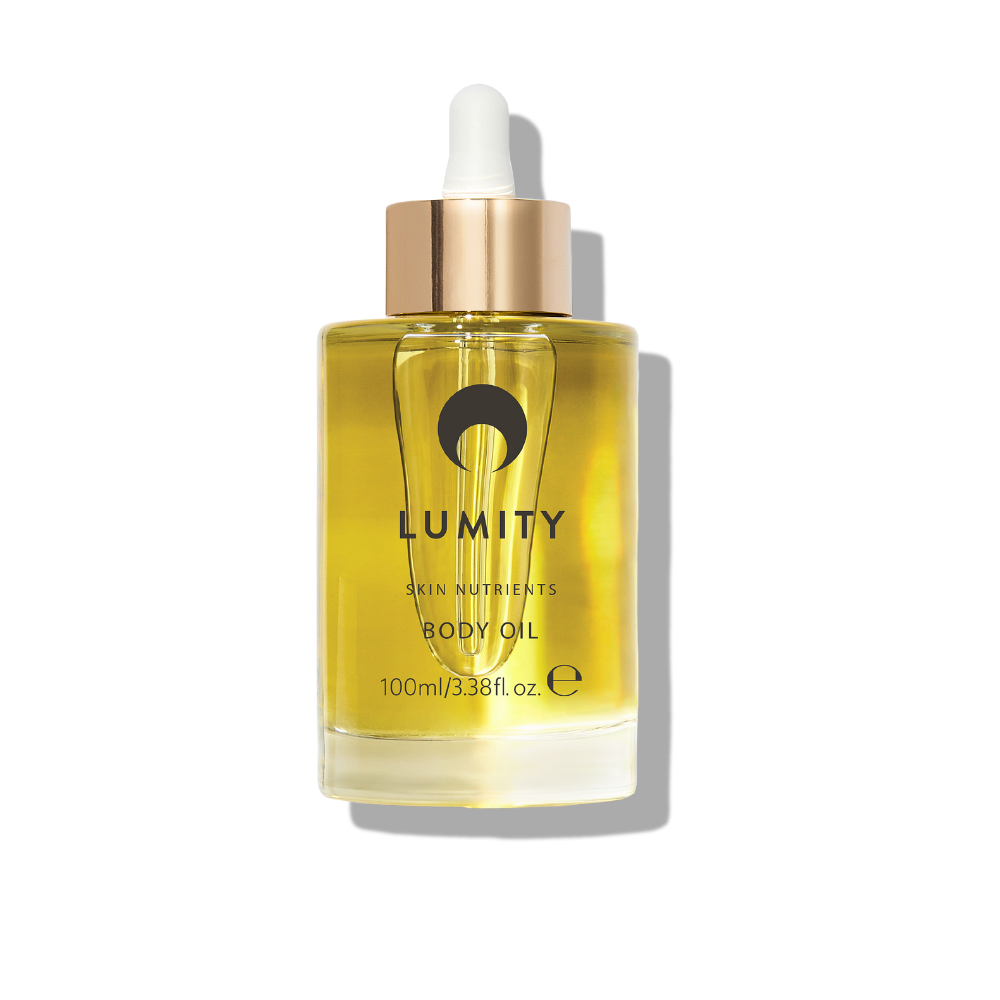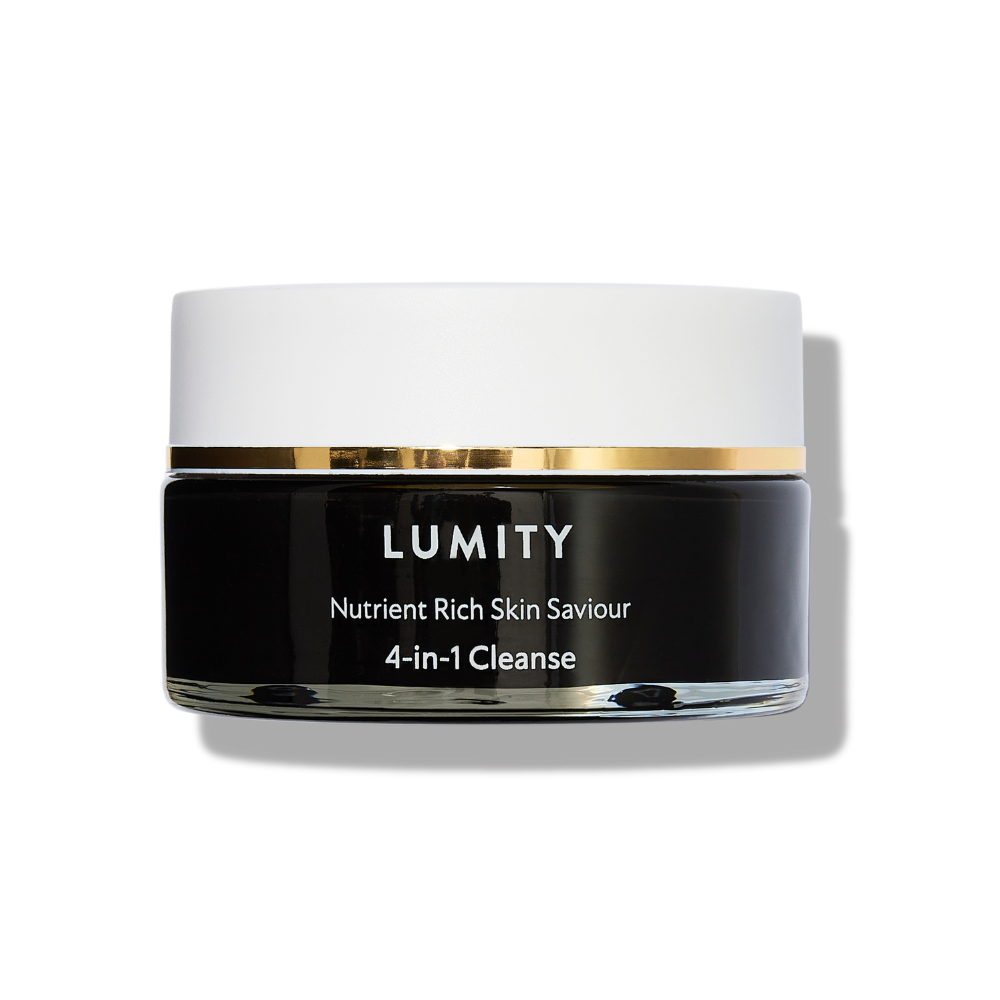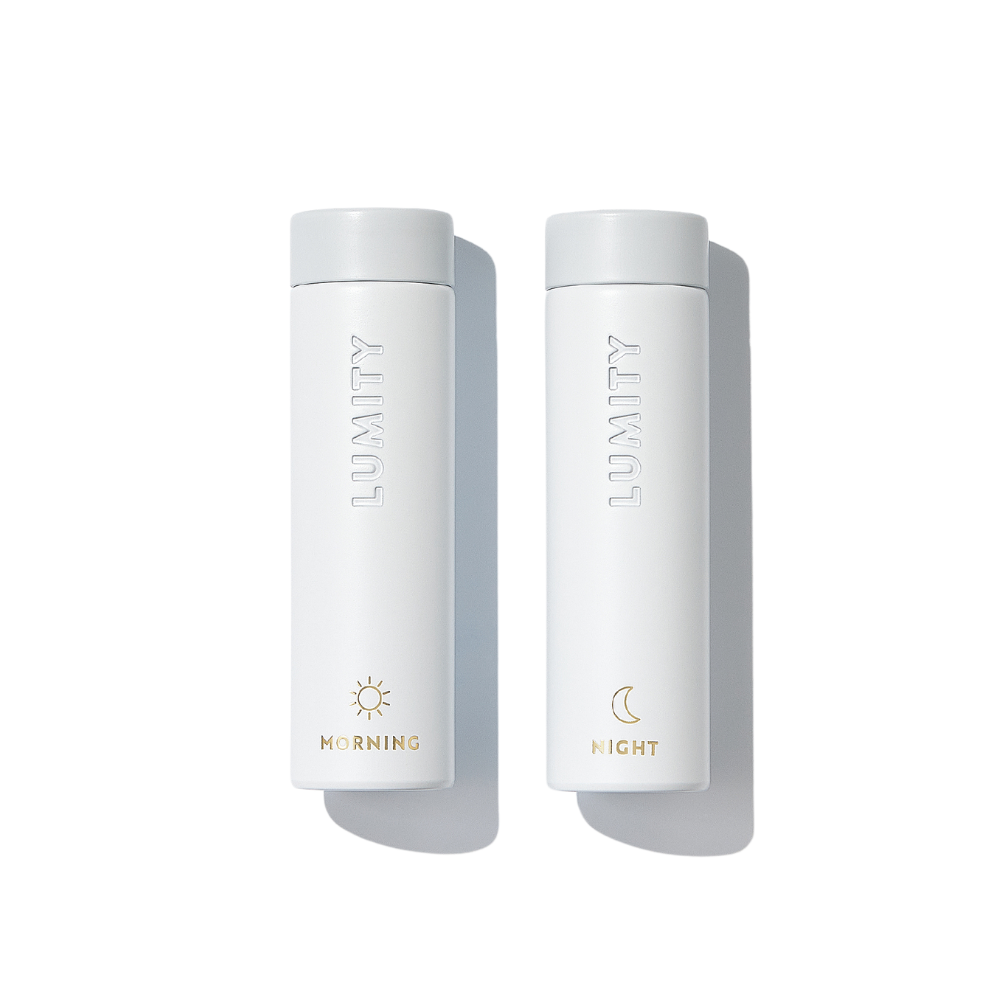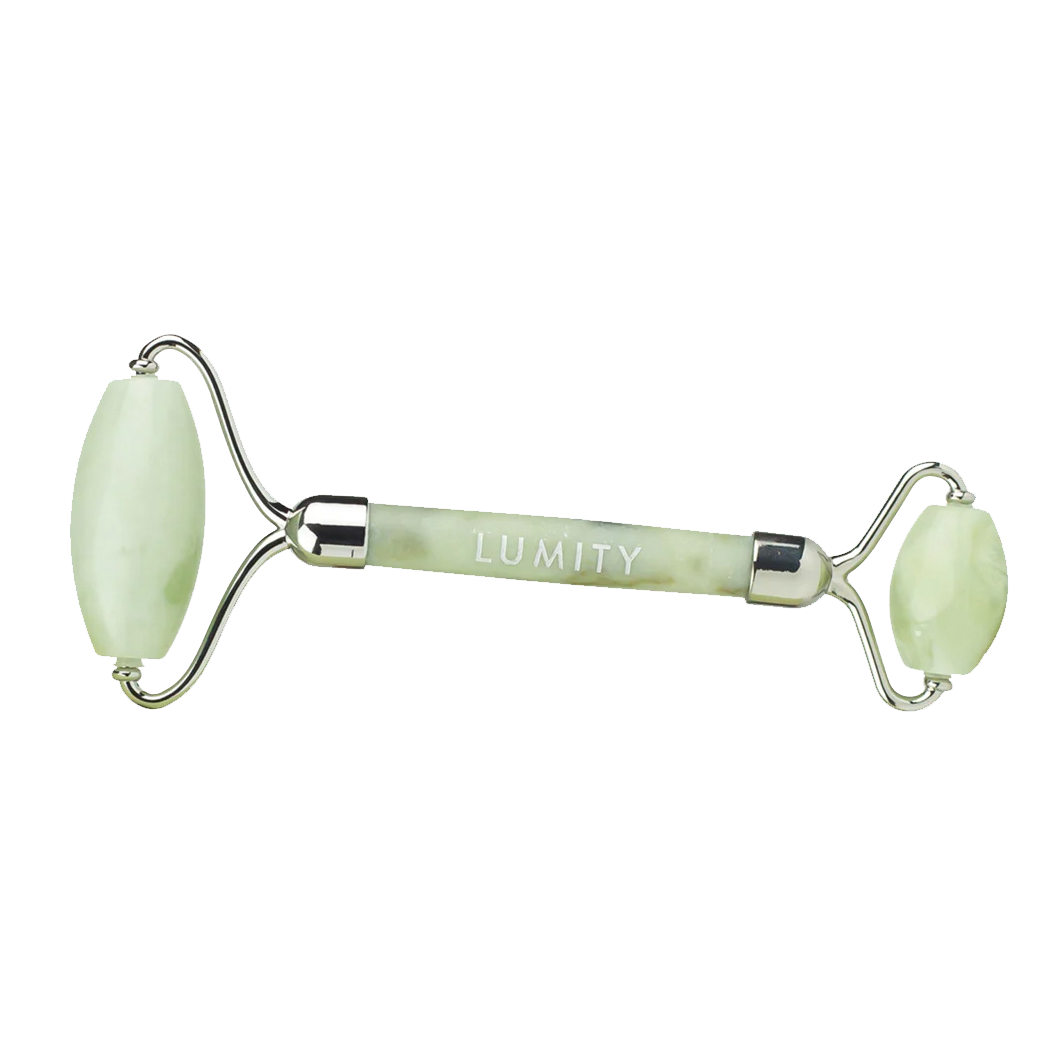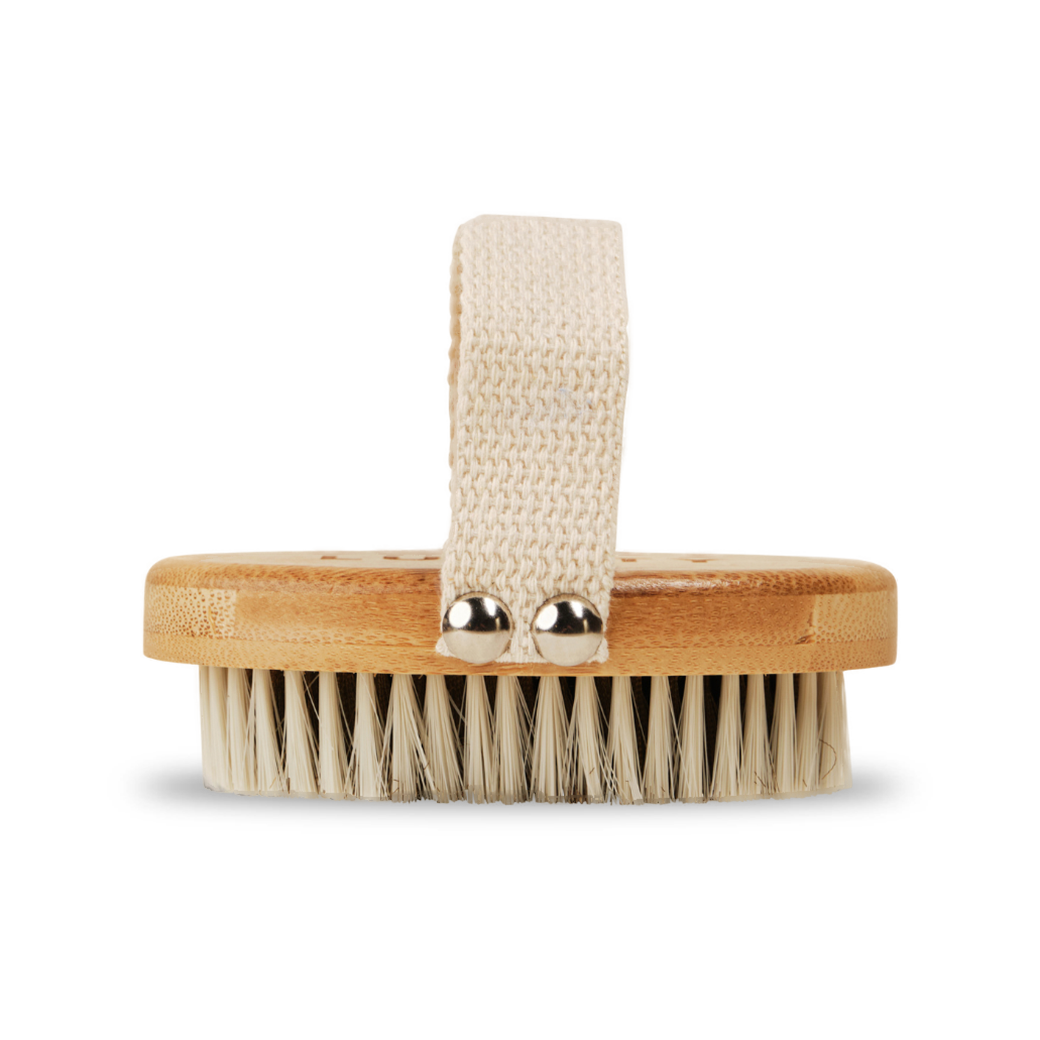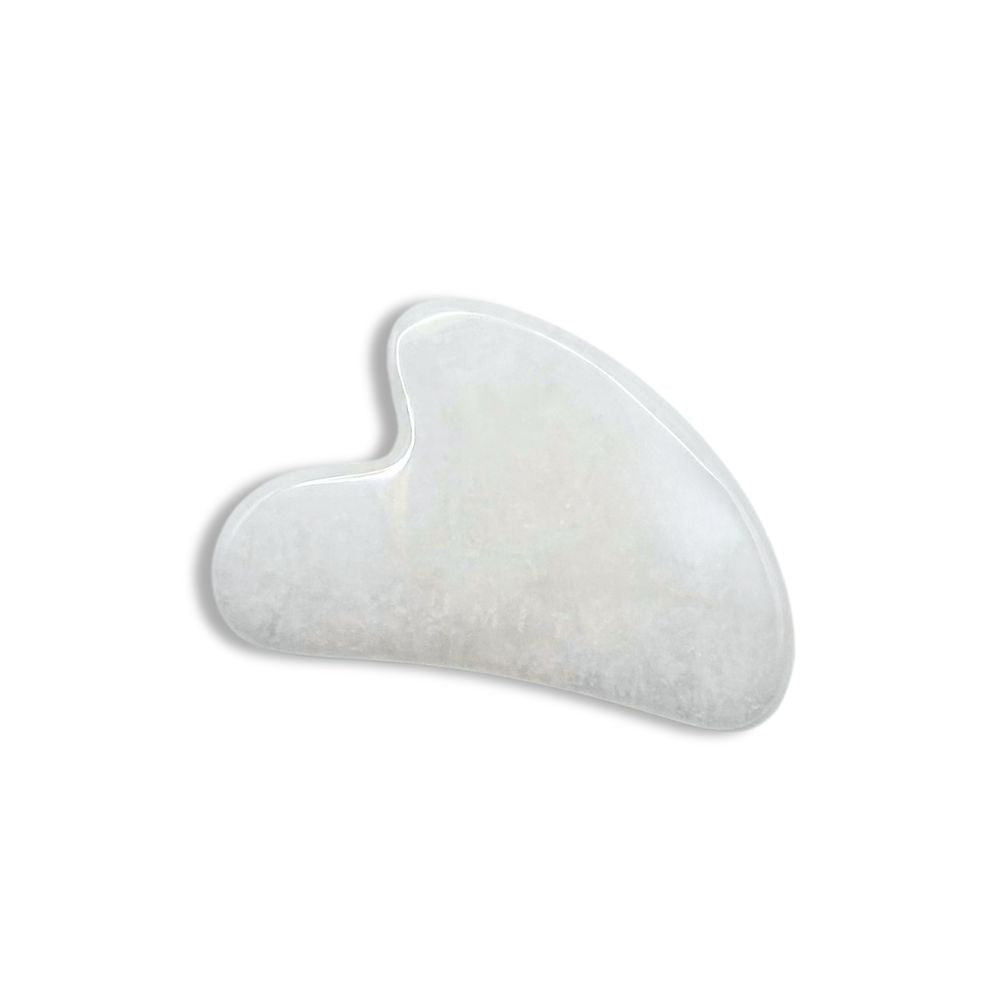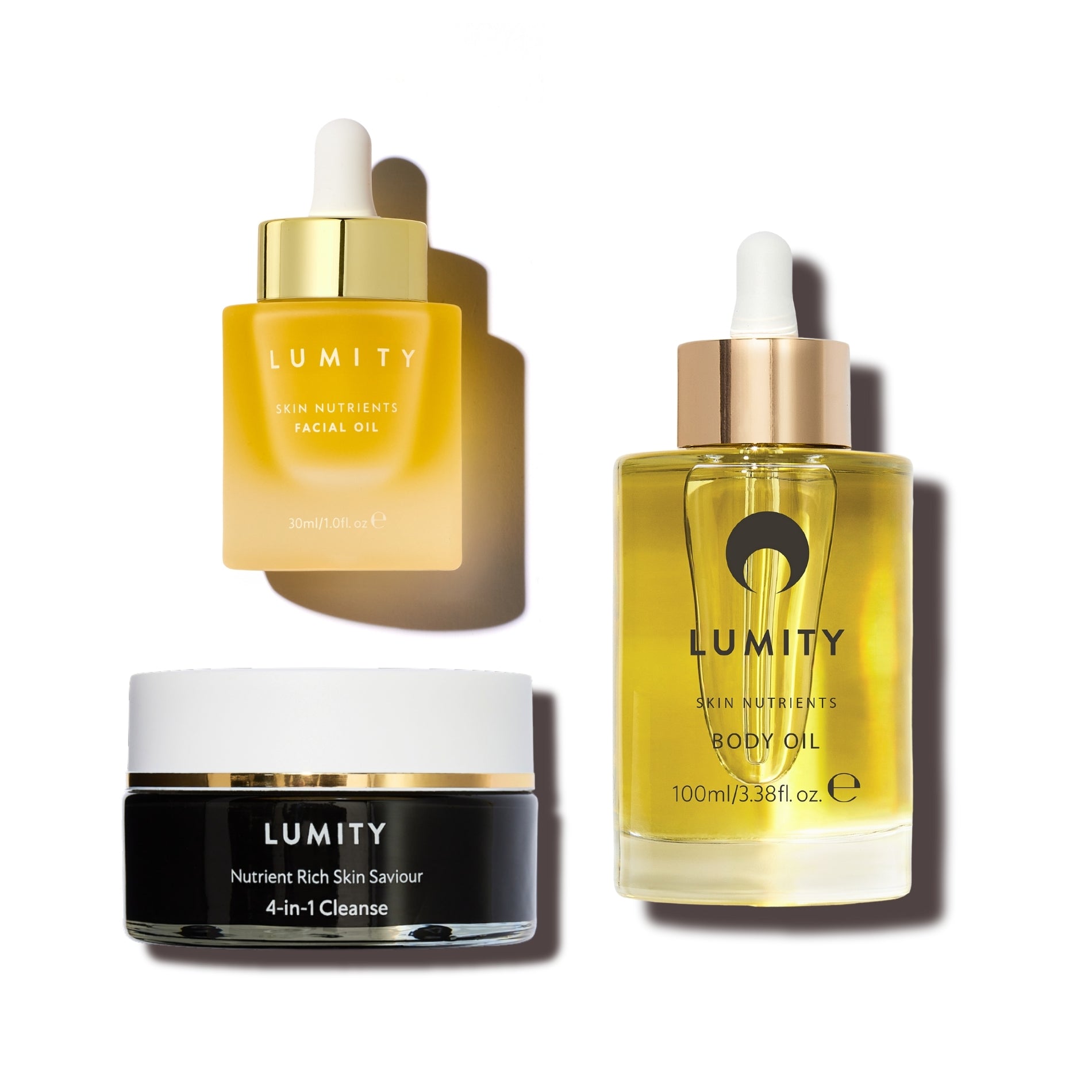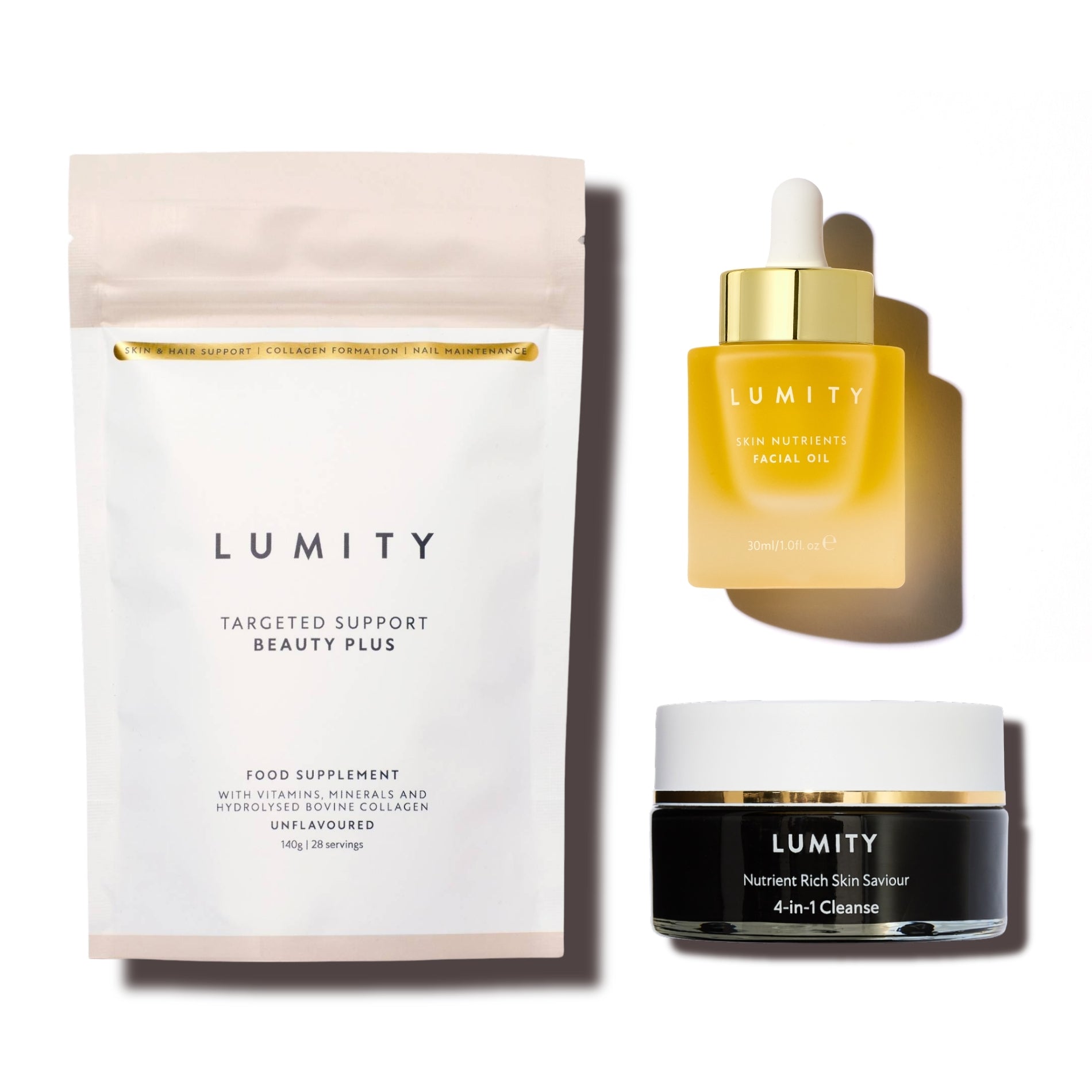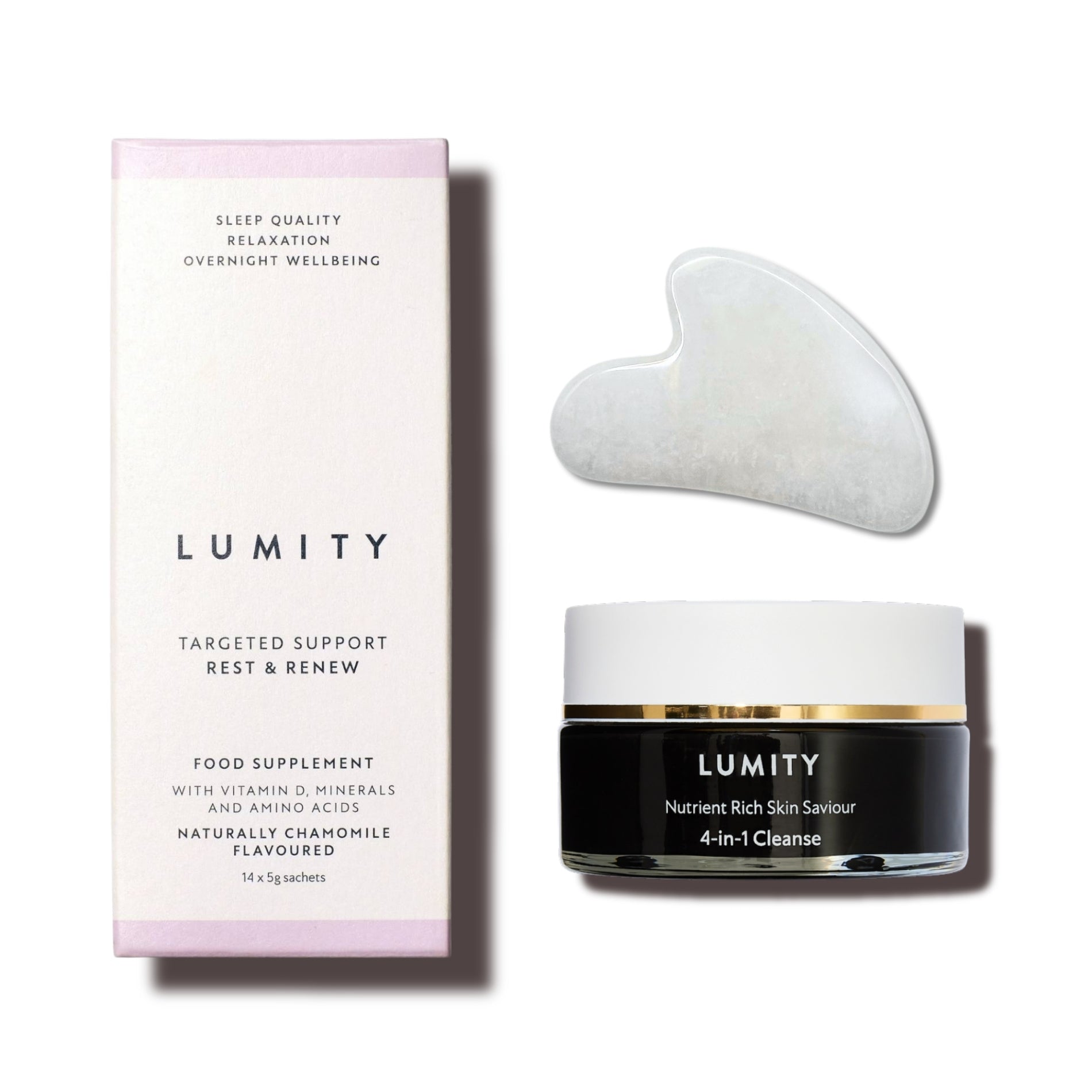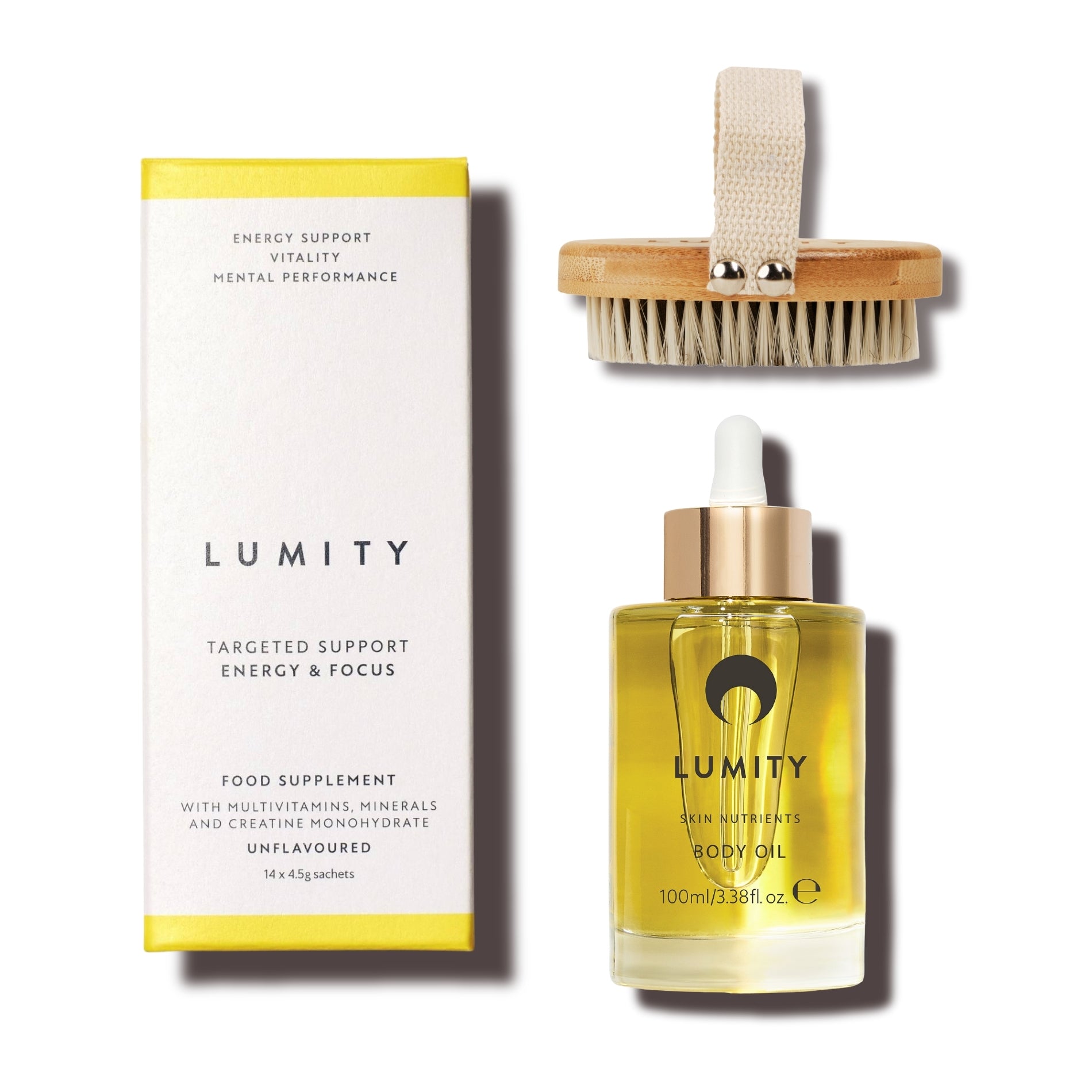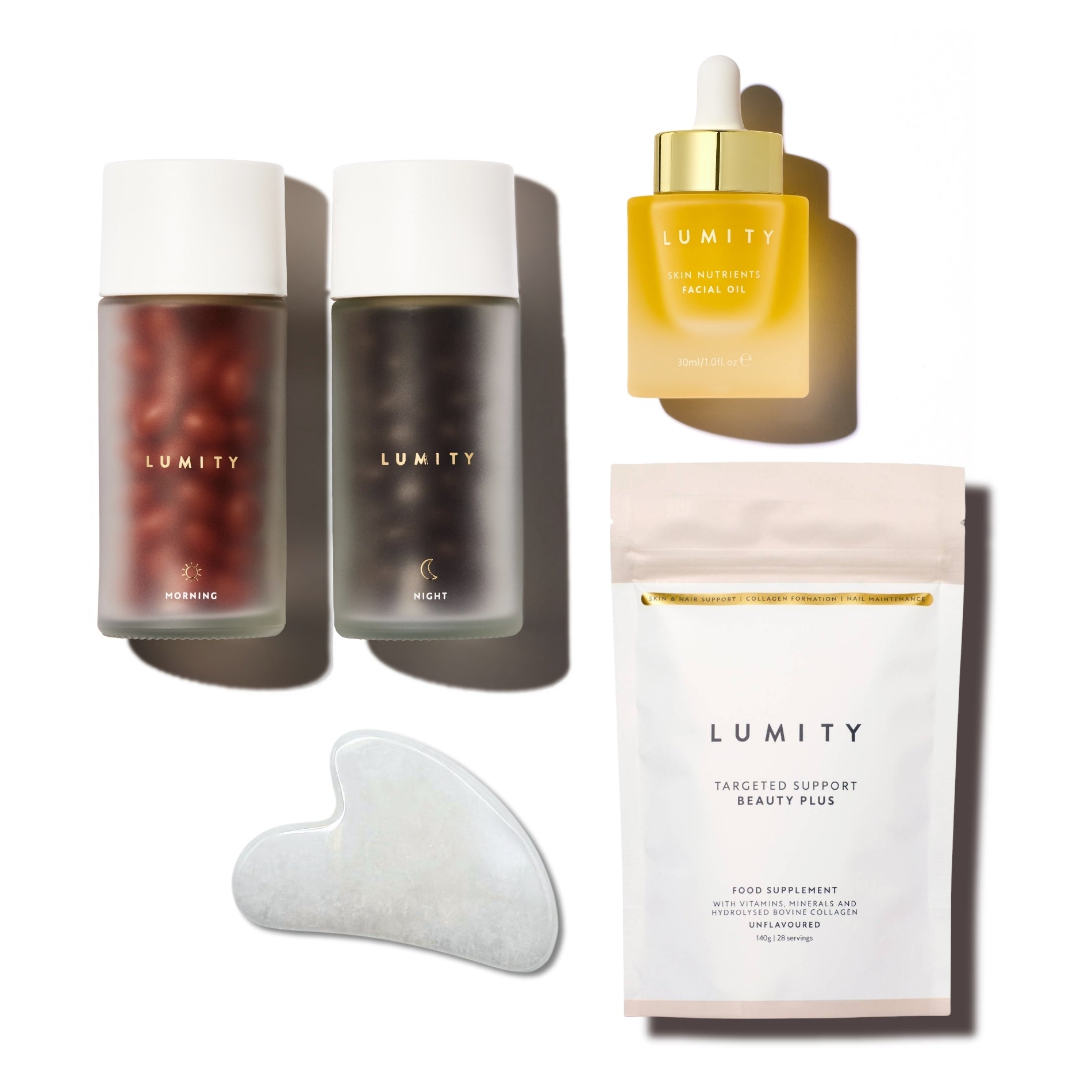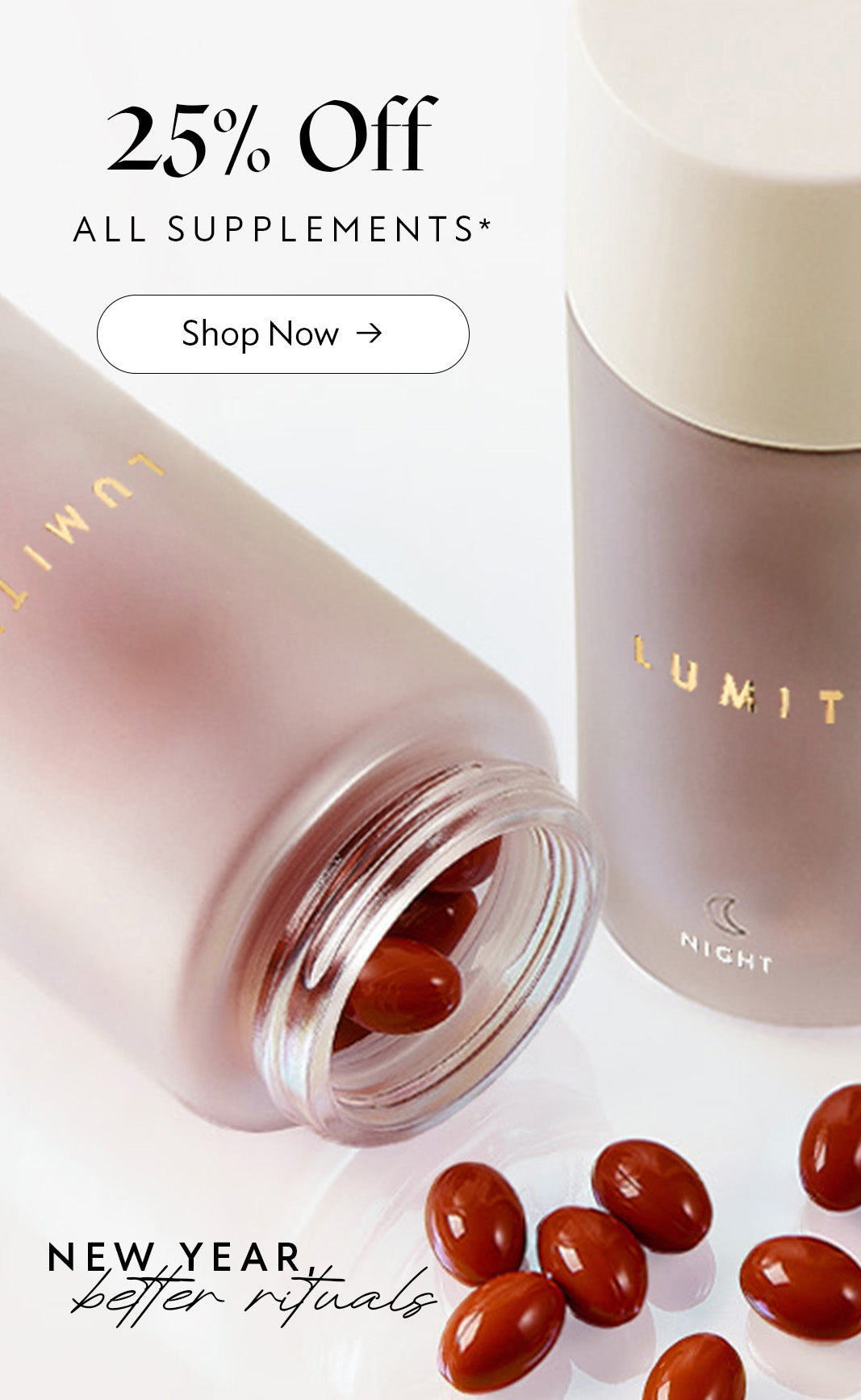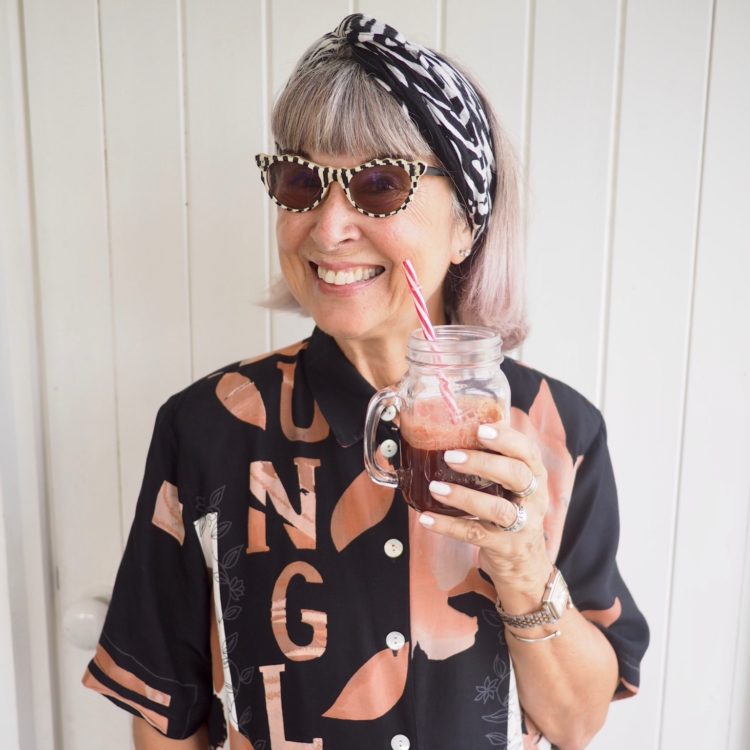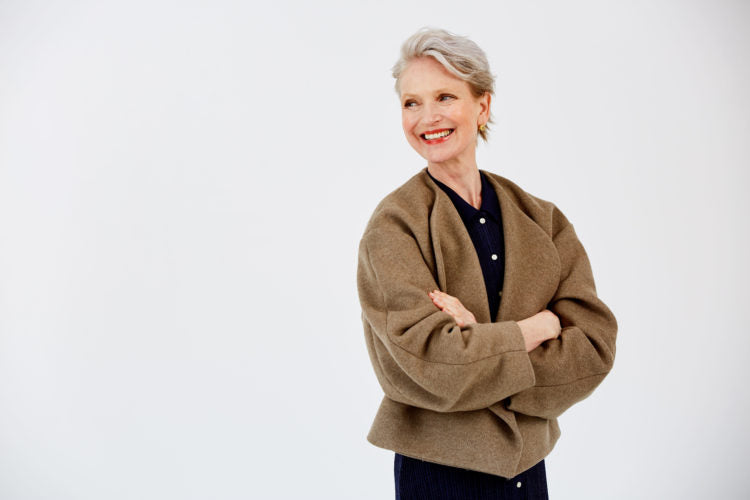Beyond Dry January: Annie Grace gives tips to stay alcohol free for longer

If you’re ready to embrace dry January, why not keep the alcohol free momentum going and embrace the sober movement? Annie Grace, author of ‘The Alcohol Experiment’ talks to Lumity about how you can successfully go beyond Dry January.
Taking time away from the bottle does wonders for your mind, body and overall health and yet after abstaining for a month many people fling themselves back into their old life – even celebrating with a binge.
Annie Grace knows all too well the hold alcohol can have over you and was once a two-bottles-of-wine-a-night woman. She now helps others take control of their relationship with alcohol whether they want to cut down or give up for good.
Why would you encourage people to go dry for more than a month?
“I always say the best way to get firmly back into the driver’s seat in your relationship with alcohol is to go through an entire calendar year of events without drinking,” Annie says. “That doesn’t mean you have to be completely dry, it means doing all the things you used to associate with alcohol like going to birthday parties, New Year’s Eve, sporting events or vacations without drinking alcohol.
“Once you go through them without a drink in your hand your brain has a chance to realise it’s the thing that is fun and the people you are around that are enjoyable, rather than the alcohol. It really helps breakdown your subconscious beliefs around drinking, that it is so vital for every event.”
Many people say once they quit for a couple of months they actually don’t want to go back to alcohol. Have you found this to be true?
“I absolutely found that to be true. Not just for myself, but many other people. I believe it’s for that exact reason that after you have some time away from alcohol you realise life is really fun and I am actually more relaxed and less stressed out not drinking, than drinking. The thing that I thought was relaxing me and providing me stress relief was doing the opposite.
“Once you have those realisations, you just don’t want to continue to put it in your body, at least in the way you did at one point. You see in the true sense of the experiment how much better life is on the other side of ‘The Alcohol Experiment’ or a 30 day break from booze.”
What tips do you have for continuing sobriety beyond January?
1.) “Get your mindset right,” Annie suggests. “Really go into it as something you want to do to get curious about how life is without alcohol and continue to expect the benefits rather than looking at it as a punishment.”
2.) “Educate yourself with additional books and resources. Education is an incredibly valuable tool. The more we know about the substance we’ve been putting in our bodies for years, the better off we are and the more incentive we have to continue on with our journey.”
3.) Join a community of like minded people who can really push you towards your goals. I have two free communities: thealcoholexperiment.com and thisnakedmindcommunity.com. ‘The Alcohol Experiment’ community is a community of over 35,000 people and it’s incredibly supportive group of people.”
There are also many people who complete a week or so of dry January and that drives them to head out and get drunk. How can they curb this desire to ruin all their hard work?
“The reason Dry January leads people to drink more is because they’ve approached it with the mindset of giving up something and it created the forbidden fruit syndrome,” explains Annie. “This means that in some ways they’ve actually made alcohol more important from abstaining from it because they’ve created this false allure from something they’re not supposed to have.
“This happens when we believe there are benefits in drinking, like a lot of people do, but when you approach a break like Dry January with a different mindset and allow yourself to be educated like we do in ‘The Alcohol Experiment’ you have a completely different outlook.
“Most people doing ‘The Alcohol Experiment’ don’t report going out and getting drunk the day after it’s over. They report a much more mindful, ongoing approach to alcohol and that’s simply in the different approach to the break from booze. Approaching it with the mentality of all the things you stand to gain rather than lose. When you start to realise those gains, the last thing you want to do is go back to your old ways and mess that up.”
If people don’t want to stop drinking entirely but would like to curb their alcohol intake would you suggest doing several dry months a year?
“No, I would suggest they do something to really educate themselves around alcohol so that everything they’re drinking or deciding to drink they have a much more mindful approach about. If they are just continuing to do dry months, they can get through them, but they are creating almost a dieting response to alcohol. It’s kinda like a yo-yo where you are off the sauce for a little bit of time, then you’re back on it and you’re likely to over indulge because you’ve deprived yourself.
“Doing multiple dry months per year can create a sense of self deprivation if you’re not doing it with the right overall mindset shift and education. When you do it for the right reasons you can curb your drinking as a lifestyle without ever creating that diet approach and getting onto that roller coaster of time on and time off.”
What encouragement do you have for people who may want to embrace Dry January but their partners continue to drink?
“For anyone whose partner is continuing to drink, they have to make this decision 100% for themselves,” adds Annie. “They have to be firmly committed in their desires for what they want in their lives without expectations of their partners.
“When I stopped drinking, my husband did not stop drinking for almost another two years. But because I went into it with this mentality that this was 100% for me, and it’s not going to matter what he does, I didn’t have any expectations. It made his drinking tolerable and manageable.
“Even if our expectations are subconscious, if we are expecting our partner to change because we are, we are going to set ourselves up for defeat and conflict in our relationships.
“Defeat because we are going to feel let down when they continue to drink and then we may give in because of that feeling of let down. Conflict because we consciously or not, maybe in passive aggressive ways or other ways, start to really push our way of life on them. When we do that people get defensive and it can create a divide.
“So my recommendation is if you are going to continue on to do this without your partner, make sure you have no expectations of them and ironically when you enter that space of love and understanding without any expectations, that is when our partners take notice and say, ‘hey what are you doing, I may like to try that’.”
